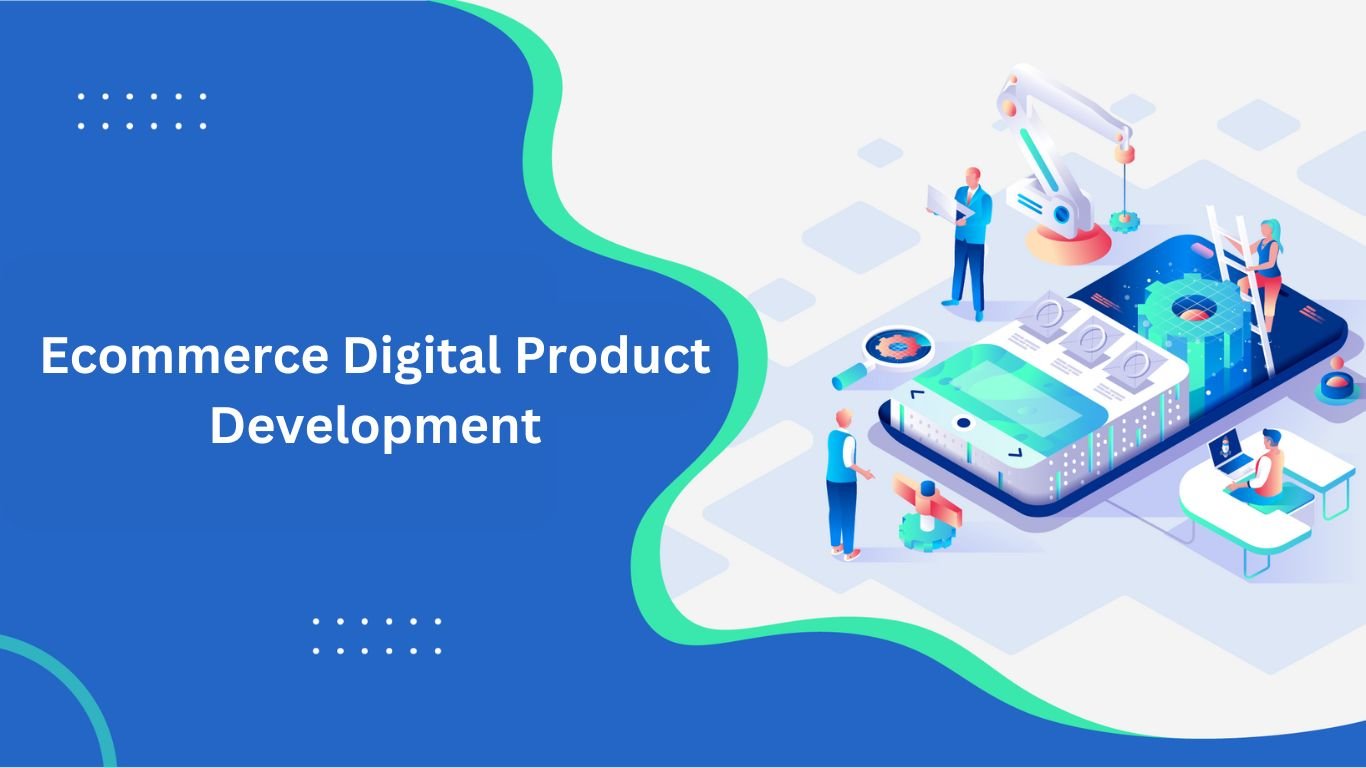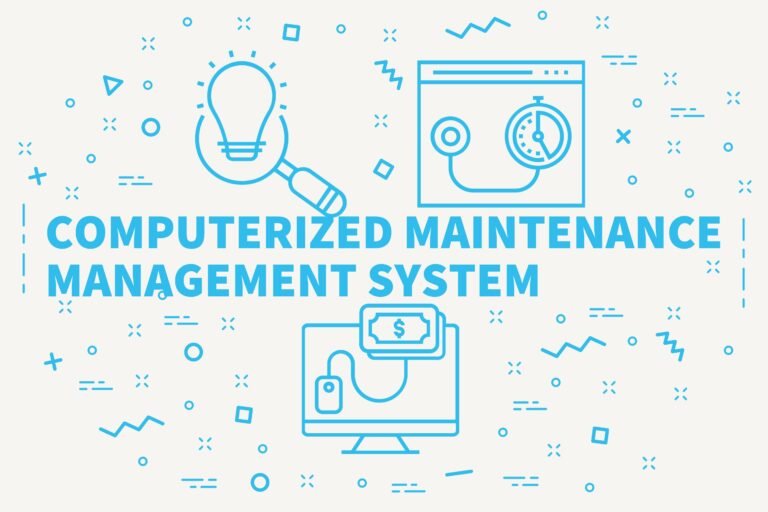Ecommerce Digital Product Development | Full Guide
Ecommerce has become a cornerstone for businesses looking to sell products and services online. As the ecommerce market expands, so does the need for innovative digital product development. However, with this growth comes an increased focus on ecommerce security. Customers demand safe and reliable platforms, making it essential to prioritize security during the development process.
This article delves deep into ecommerce digital product development and emphasizes the importance of ecommerce security.
What Is Ecommerce Digital Product Development?
Digital product development in the ecommerce space refers to the process of creating digital products—websites, apps, and online tools—that enable businesses to sell goods and services online. These products range from online shopping platforms to mobile apps and payment gateways.
In essence, digital product development in ecommerce is about building the infrastructure that allows customers to shop conveniently and securely.
The Evolution of Ecommerce
Ecommerce has evolved dramatically over the last decade. While physical goods were the initial focus, digital products, like downloadable content, software, and subscription services, have become increasingly popular. As a result, businesses are adapting to offer more seamless and secure online experiences to cater to shifting consumer trends.
The Key Components of Ecommerce Digital Product Development
- User Experience (UX) Design: A smooth, intuitive user experience is crucial for ecommerce success. UX design focuses on making the shopping process as seamless as possible, from product browsing to checkout.
- Web and Mobile App Development: Developing both web and mobile platforms allows businesses to reach users across devices, ensuring that their digital products are accessible to a wide audience.
- Ecommerce Security: With online threats on the rise, security needs to be embedded in every stage of digital product development. This includes protecting customer data and preventing malicious attacks.
Understanding Ecommerce Security
Ecommerce security refers to the measures taken to protect online transactions, user data, and digital infrastructure from cyber threats. Given the volume of sensitive data that ecommerce platforms handle—such as credit card details and personal information—security is critical to both compliance and customer trust.
Common Security Threats in Ecommerce
- Phishing Attacks: Malicious actors trick users into revealing sensitive information through fake emails or websites.
- DDoS Attacks: Distributed denial of service (DDoS) attacks overwhelm a website with traffic, causing it to crash.
- Malware and Ransomware: Hackers use malicious software to gain unauthorized access to systems, often holding data for ransom.
Why Ecommerce Security Is Crucial for Digital Products
Customers entrust ecommerce platforms with their personal information. A security breach can damage that trust, leading to customer loss and potential legal issues under data protection regulations, like GDPR. As businesses develop digital products, security must be a priority to prevent financial losses and reputation damage.
Best Practices for Ecommerce Security
- SSL Certificates: Secure Sockets Layer (SSL) certificates encrypt the data exchanged between users and the website, making it harder for hackers to intercept.
- Two-Factor Authentication (2FA): Adding an extra layer of security, 2FA requires users to verify their identity using two different methods, reducing the risk of unauthorized access.
- Regular Security Audits: Conducting routine security audits ensures that vulnerabilities are identified and resolved before they are exploited.
The Role of AI in Ecommerce Security
Artificial intelligence (AI) is revolutionizing ecommerce security. AI-powered systems can detect anomalies in real-time, predict potential threats, and automatically respond to them. By analyzing vast amounts of data, AI helps ecommerce businesses stay ahead of evolving cyber threats.
Stages of Digital Product Development in Ecommerce
- Market Research and Analysis: Understanding the market is the first step in developing any digital product. This involves identifying customer needs, competitor analysis, and market trends.
- Product Design and Prototyping: Once the concept is defined, businesses create prototypes to test functionality and user experience.
- Development and Testing: During this stage, the product is built and rigorously tested to ensure it meets security and performance standards.
- Launch and Post-Launch Support: After the product is launched, continuous support is essential to address any issues and roll out updates.
Choosing the Right Technology Stack for Ecommerce
Selecting the right technology stack is crucial for building a scalable and secure ecommerce platform. Popular frameworks like React, Angular, and Vue.js are widely used in frontend development, while platforms like Shopify, WooCommerce, and Magento provide backend solutions.
Challenges in Ecommerce Digital Product Development
- Scalability: As your business grows, your digital product must be able to handle increased traffic and transactions without compromising performance.
- Security and Compliance: Meeting security standards and compliance regulations like GDPR is essential to avoid legal penalties.
- UX Consistency: Providing a seamless experience across web and mobile devices can be challenging but is vital for customer satisfaction.
The Importance of User-Centered Design in Ecommerce
A user-centered approach in ecommerce focuses on making the shopping experience effortless for the customer. Well-designed digital products with smooth navigation and clear CTAs can significantly boost conversions. Additionally, mobile-first design is essential, as many users shop on their smartphones.
Future Trends in Ecommerce Digital Product Development
- Personalization through AI: AI helps businesses deliver personalized experiences by analyzing user behavior and preferences.
- Headless Commerce: This new approach decouples the frontend and backend, allowing businesses to deliver content across various platforms without being tied to a specific system.
- Blockchain in Ecommerce Security: Blockchain technology can add a layer of security by ensuring transparency and reducing the risk of fraud.
Conclusion
Ecommerce digital product development is a complex process that involves not only creating engaging and functional platforms but also ensuring robust security measures are in place. As technology advances, businesses must stay agile and adapt to emerging trends while prioritizing customer trust through strong security practices.
FAQs
1. What is digital product development in ecommerce?
Digital product development in ecommerce involves creating websites, apps, and tools that facilitate online sales.
2. Why is ecommerce security important?
Ecommerce security protects customer data and ensures safe transactions, fostering trust and compliance with regulations.
3. What are the main stages of ecommerce product development?
The main stages include market research, design and prototyping, development and testing, and post-launch support.
4. How does AI contribute to ecommerce security?
AI helps detect and respond to security threats in real time, making ecommerce platforms more secure.
5. What are the future trends in ecommerce development?
Personalization through AI, headless commerce, and blockchain technology are emerging trends in ecommerce development.






